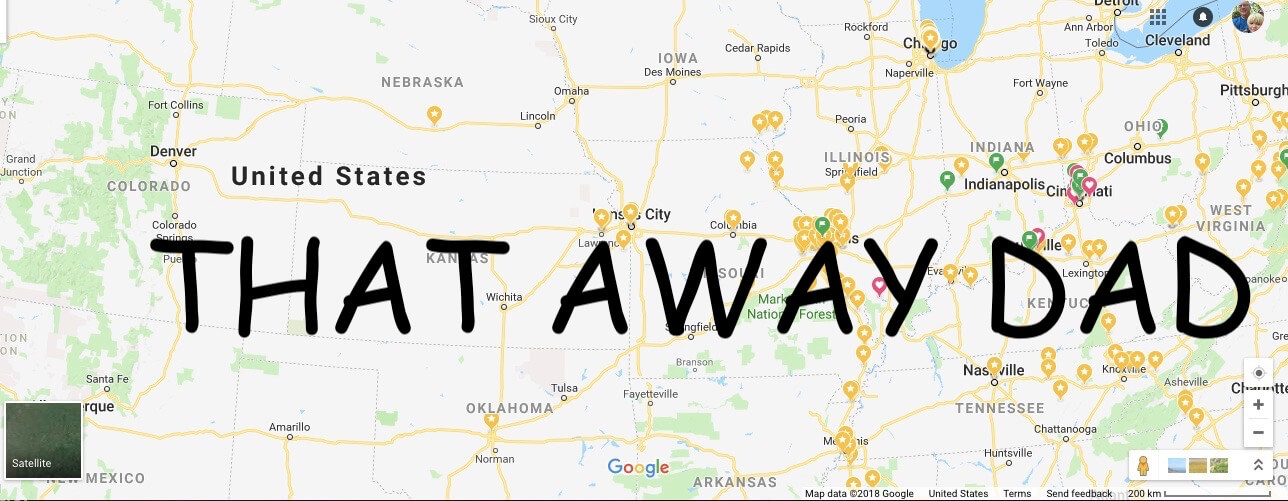Rovinj is a picturesque former Venetian village on a hill in the blue waters of the Adriatic Sea that we hope to spend a day at while we’re in Croatia. Its red-shingled houses surround the St. Euphemia Cathedral at the top of the hill with the highest tower in Istria at 200 feet.
The town started out as a small settlement in Roman times to become part of Venice in 1283. Eventually, it fell to the Austro-Hungarian Empire and went into a decline of importance. Then it was part of Italy, then Yugoslavia before finally being part of the independent country of Croatia.
The town stood originally on an island, but 250 years ago the narrow channel was filled in to connect it to the mainland.

When you come here you should first check out the old town. The main street is Ulica Grisia, although it is actually a small lane, but is filled with art galleries and souvenir shops.
Tito Square Trg Marsela Tia is the main square facing the sea and the many pleasure boats. Here you can see a fountain with a little boy that commemorates the establishment of the water system under the former Yugoslavian Tito.
The Trg na Mostu is the square at the bridge, which used to exist before the waterway was filled in.
The Town Hall displays flags for Rovinj, Croatia, EJ and Italy, showing the multiple nation history it has endured.
Give yourself time to wander around the picturesque narrow, winding, cobbled streets, stone houses, and buildings and squares.

Luk Balbi (Balbi Arch)
It is from 1680 and is at the original entrance to Rovinj. The arch has the coat of arms of the noble Balbi family and the Lion of Saint Mark, a symbol of the Venetian Empire.
Address: Trg Sv. Eufemije, 52210, Rovinj, Croatia

Crkva Sv Eufemije (Church of St. Euphemia)
The Largest Baroque building in Istria. It was constructed according to the plans of Venetian architect Giovanni Dizzi. The bell tower is a copy of the one at St. Mark’s Basilica in Venice. The tower has a statue of St. Euphemia on it, which is mounted so it moves according to wind direction. There are spectacular views from the top of the tower.
St. Euphemia is the patron saint of Rovinj. She was born in the 4th century in Chalcedon near present-day Istanbul and was sadly tortured for her Christian beliefs during an anti-Christian purge under Roman Emperor Diocletian. Her sarcophagus can be seen in the church.
Hours: May – Sept. daily 10:00 -18:00, Easter-April and Oct. –Nov. open only for Mass and with demand, generally closed December – Easter.
Admission: Church is free and the bell tower is 20 kunas, and has the same hours as the church.
Address: Trg Sv. Eufemije, 52210, Rovinj, Croatia
Kuca o Batani (Batana Eco-Museum)
The museum displays a permanent exhibition of boats and fishing tools. In the summer the museum organizes traditional meals in a spacio, a local tavern, or wine cellar.
Hours: June/July/August/September (every day) 10 am – 2 pm and 7 pm – 11 pm. Other months (every day except Monday, Christmas, and New Years’ holidays): 10 am – 1 pm and 4 pm – 6 pm. January and February only by prior arrangement.
Admission: Adults 20 kunas, students 10 kunas, and pensioners 18 kunas.
Address: Obala Pina Budicina 2, 52210, Rovinj, Croatia
Zavicajni Muzej Grada Rovinja (Rovinj Heritage Museum)
The museum contains permanent and temporary exhibits showcasing art and regional history.
Hours: Everyday 10:00 – 13:00, Sunday and Monday closed.
Admission: Adults15 kunas, students/seniors/groups (10 or more) 10 kunas and children under the age of 10, seniors over 65, and people with disabilities free admission.
Address: Trg Maršala Tita, 52210, Rovinj, Croatia
From the harbor, you can take cruises out to see the nearby islands that have other sights to see including seeing the village from the sea, possibly see dolphins along with the islands.

The area also has a number of beaches, such as Balota Beach, which you can walk to, or farther afield the Golden Cape and Kuvi.


